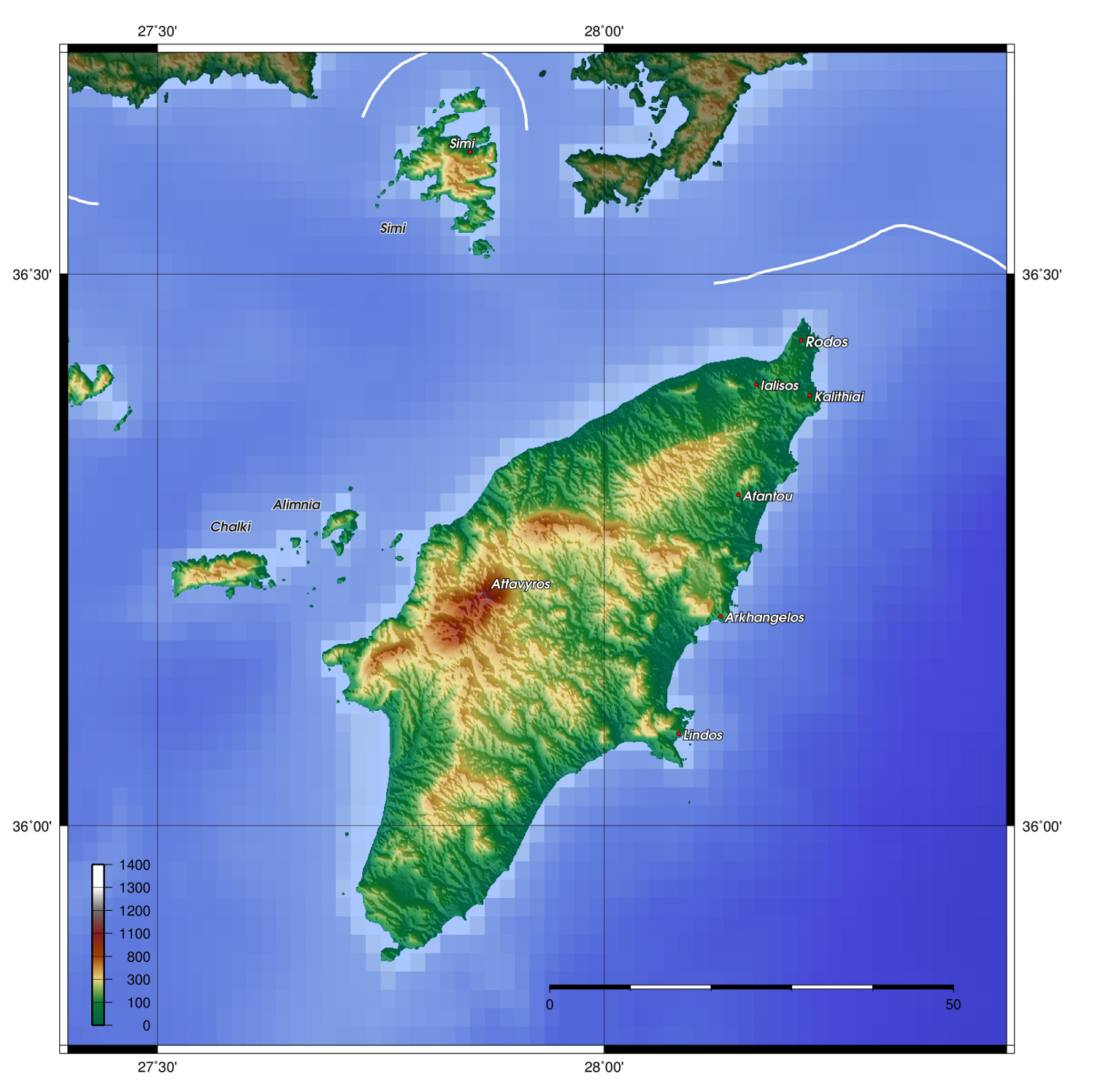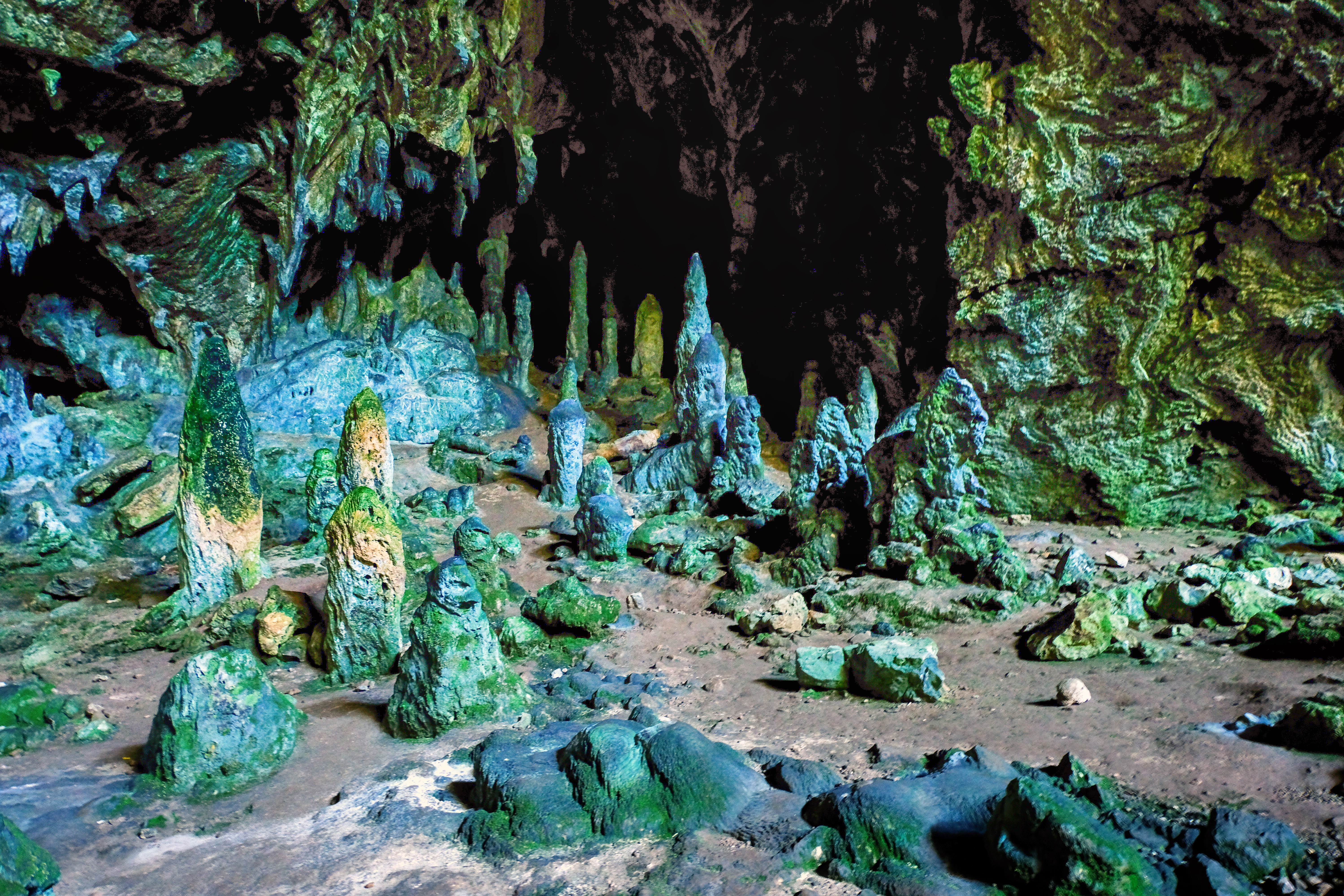|
Kallipateira
Diagoras of Rhodes (; el, Διαγόρας ὁ Ῥόδιος) was an Ancient Greek boxer from the 5th century BC, who was celebrated for his own victories, as well as the victories of his sons and grandsons. He was a member of the Eratidea family at Ialysos in Rhodes. Biography Diagoras descended from Damagetus, king of Ialysus and, on his mother's side from Messenian hero and king Aristomenes. Diagoras was victor in boxing twice in the Olympic games, four times in the Isthmian, twice in the Nemean, and once at least in the Pythian Games. The fame of Diagoras and his descendants was celebrated by Pindar (Olympian Odes VII). A local soccer club, Diagoras F.C., and the Rhodes International Airport, "Diagoras" are named after him. His three sons were Olympic champions. The oldest son, Damagetos, won the pankration in 452 and 448 BC. Akousílaos, the second son, won the boxing in 448 BC. The two celebrated their victory by carrying their father around the stadion on their ... [...More Info...] [...Related Items...] OR: [Wikipedia] [Google] [Baidu] |
Kallipateira Of Rhodes
Kallipateira ( Gr. ) of Ialysos in Rhodes came from a renowned family of athletes in Ancient Greece. She was caught attending the ancient Olympic Games disguised as a male trainer. Her capture led to a law being introduced that trainers should strip before entering the stadium. Family Kallipateira was a granddaughter of Damagetos, king of Ialysos. Her father, Diagoras of Rhodes, was a celebrated boxer and Olympic victor. Diagoras won the boxing at several Panhellenic games and was honoured by Pindar. Her brothers were also Panhellenic champions: Damagetos won pankration events and Akousilaos won in boxing. Her younger brother Dorieus was the most successful, winning the pankration at 21 different Panhellenic games. Kallipateira was a widow at the time of her arrest at Olympia, which she was attending in support of her own son Peisirodos. Capture at Olympia Pausanias records the story of how she was caught: ''It is a law of Elis to cast down it ount Typaionany women who are ... [...More Info...] [...Related Items...] OR: [Wikipedia] [Google] [Baidu] |
Dorieus (Rhodian Athlete And Naval Commander)
Dorieus ( Gr. ) of Ialysos in Rhodes commanded small naval contingents supporting the Spartan fleet during the last decade of the Peloponnesian War and is attributed with a Rhodian revolt from Athens and a synoecism. He was also a renowned Olympic athlete. Family Dorieus was the grandson of Damagetos, king of Ialysos. His father, Diagoras of Rhodes, was a celebrated boxer and Olympic victor. Diagoras won the boxing at several Panhellenic games and was honoured by Pindar. Dorieus’ elder brothers were also elite athletes. His brother Damagetos, won pankration events and his other brother, Akousilaos, won boxing victories at Panhellenic games. These two elder brothers celebrated one particular victory of their father’s by carrying Diagoras around the stadium on their shoulders. The image became a popular theme in Rhodian art. Dorieus’ sister Kallipateira was said to have been the only woman to have attended the Olympic games. When caught, she escaped execution out of respec ... [...More Info...] [...Related Items...] OR: [Wikipedia] [Google] [Baidu] |
Rhodes
Rhodes (; el, Ρόδος , translit=Ródos ) is the largest and the historical capital of the Dodecanese islands of Greece. Administratively, the island forms a separate municipality within the Rhodes regional unit, which is part of the South Aegean administrative region. The principal town of the island and seat of the municipality is Rhodes. The city of Rhodes had 50,636 inhabitants in 2011. In 2022 the island has population of 124,851 people. It is located northeast of Crete, southeast of Athens. Rhodes has several nicknames, such as "Island of the Sun" due to its patron sun god Helios, "The Pearl Island", and "The Island of the Knights", named after the Knights of Saint John of Jerusalem, who ruled the island from 1310 to 1522. Historically, Rhodes was famous for the Colossus of Rhodes, one of the Seven Wonders of the Ancient World. The Medieval Old Town of the City of Rhodes has been declared a World Heritage Site. Today, it is one of the most popular tourist destina ... [...More Info...] [...Related Items...] OR: [Wikipedia] [Google] [Baidu] |
Rhodes International Airport "Diagoras"
Rhodes (; el, Ρόδος , translit=Ródos ) is the largest and the historical capital of the Dodecanese islands of Greece. Administratively, the island forms a separate municipality within the Rhodes regional unit, which is part of the South Aegean administrative region. The principal town of the island and seat of the municipality is Rhodes. The city of Rhodes had 50,636 inhabitants in 2011. In 2022 the island has population of 124,851 people. It is located northeast of Crete, southeast of Athens. Rhodes has several nicknames, such as "Island of the Sun" due to its patron sun god Helios, "The Pearl Island", and "The Island of the Knights", named after the Knights of Saint John of Jerusalem, who ruled the island from 1310 to 1522. Historically, Rhodes was famous for the Colossus of Rhodes, one of the Seven Wonders of the Ancient World. The Medieval Old Town of the City of Rhodes has been declared a World Heritage Site. Today, it is one of the most popular tourist destinati ... [...More Info...] [...Related Items...] OR: [Wikipedia] [Google] [Baidu] |
Pankration
Pankration (; el, παγκράτιον) was a sporting event introduced into the Greek Olympic Games in 648 BC, which was an empty-hand submission sport with few rules. The athletes used boxing and wrestling techniques but also others, such as kicking, holds, joint-locks, and chokes on the ground, making it similar to modern mixed martial arts. The term comes from the Greek , meaning 'all of power', from (''pan'') 'all' and (''kratos'') 'strength, might, power'. History In Greek mythology, it was said that the heroes Heracles and Theseus invented pankration as a result of using both wrestling and boxing in their confrontations with opponents. Theseus was said to have used pankration to defeat the Minotaur in the Labyrinth. Heracles too was often depicted in ancient artworks subduing the Nemean lion using pankration. In this context, pankration was also referred to as ''pammachon'' or ''pammachion'' (πάμμαχον or παμμάχιον), meaning "total combat," from π ... [...More Info...] [...Related Items...] OR: [Wikipedia] [Google] [Baidu] |
Philip Smith (classicist)
Philip or Phil Smith may refer to: In sport *Phil Smith (Australian footballer) (1946–2010), Australian rules player *Phil Smith (basketball) (1952–2002), American basketball player *Philip Smith (footballer, born 1885) (1885–1918), English football player for Chelsea and Burnley * Phil Smith (footballer, born 1979), English football goalkeeper for Swindon, Portsmouth and Aldershot In entertainment *Phil Smith, guitarist for The Lovin' Spoonful * Philip Smith (musician) (born 1952), American trumpeter *Philip Smith (producer), New Zealand film and television producer and writer In politics * Phil Smith (Alabama politician) (1931-2020), American businessman, lawyer, and politician *Phil Smith (Australian politician) (born 1938), Australian politician and teacher *Philip Smith, Baron Smith of Hindhead (born 1966), Conservative member of the British House of Lords *Philip Smith (Northern Ireland politician) (born 1967), member of the Northern Ireland Assembly In the military *P ... [...More Info...] [...Related Items...] OR: [Wikipedia] [Google] [Baidu] |
Hellenistic Period
In Classical antiquity, the Hellenistic period covers the time in Mediterranean history after Classical Greece, between the death of Alexander the Great in 323 BC and the emergence of the Roman Empire, as signified by the Battle of Actium in 31 BC and the conquest of Ptolemaic Egypt the following year. The Ancient Greek word ''Hellas'' (, ''Hellás'') was gradually recognized as the name for Greece, from which the word ''Hellenistic'' was derived. "Hellenistic" is distinguished from "Hellenic" in that the latter refers to Greece itself, while the former encompasses all ancient territories under Greek influence, in particular the East after the conquests of Alexander the Great. After the Macedonian invasion of the Achaemenid Empire in 330 BC and its disintegration shortly after, the Hellenistic kingdoms were established throughout south-west Asia ( Seleucid Empire, Kingdom of Pergamon), north-east Africa ( Ptolemaic Kingdom) and South Asia ( Greco-Bactrian Kingdom, Indo-Greek ... [...More Info...] [...Related Items...] OR: [Wikipedia] [Google] [Baidu] |
Marmaris
Marmaris () is a port city and tourist resort on the Mediterranean coast, located in Muğla Province, southwest Turkey, along the shoreline of the Turkish Riviera. Although Marmaris is known for its honey, its main source of income is international tourism. It is located between two intersecting sets of mountains by the sea, though following a construction boom in the 1980s, little is left of the sleepy fishing village that Marmaris was until the late 20th century. In 2010, the city's resident population was 30,957, although it peaks at around 300,000 to 400,000 people during the tourist season. As an adjunct to the tourism industry, Marmaris is also a centre for sailing and diving, possessing two major and several smaller marinas. It is a popular wintering location for hundreds of cruising boaters. Dalaman Airport is an hour's drive to the east. Ferries operate from Marmaris to Rhodes and Symi in Greece. Etymology During the period of the Beylik of Menteşe; the city became ... [...More Info...] [...Related Items...] OR: [Wikipedia] [Google] [Baidu] |
Chilon Of Sparta
Chilon of Sparta ( grc, Χείλων) (fl. 6th century BC) was a Spartan and one of the Seven Sages of Greece. Life Chilon was the son of Damagetus, and lived towards the beginning of the 6th century BC. Herodotus speaks of him as contemporary with Hippocrates, the father of Peisistratus. Diogenes Laërtius states that he was an old man in the 52nd Olympiad (572 BC), and that he was elected an ephor (overseer) in Sparta in the 56th Olympiad (556/5 BC). Alcidamas states that he was a member of the Spartan assembly. Diogenes Laërtius even goes so far as to claim that Chilon was also the first person who introduced the custom of joining the ephors to the kings as their counselors.Diogenes Laërtius, i. 68-73 Chilon is said to have helped to overthrow the tyranny at Sicyon, which became a Spartan ally. He is also credited with the change in Spartan policy leading to the development of the Peloponnesian League in the sixth century BC. Another legend claims that he died of joy whe ... [...More Info...] [...Related Items...] OR: [Wikipedia] [Google] [Baidu] |
Hellanodíkai
The ''Hellanodikai'' ( grc, , literally meaning ''Judges of the Greeks''; sing. Ἑλλανοδίκας Perseus Digital Library Project, Tufts University.) were the judges of the Ancient Olympic Games, and the success of the games was attributed to their efforts. It was their sacred duty to maintain the standards and legacy of the games, as well as uphold the rules. History One ''Hellanodikas'' was a type of Greek public official termed generally the |
Demeter
In ancient Greek religion and mythology, Demeter (; Attic: ''Dēmḗtēr'' ; Doric: ''Dāmā́tēr'') is the Olympian goddess of the harvest and agriculture, presiding over crops, grains, food, and the fertility of the earth. Although she is mostly known as a grain goddess, she also appeared as a goddess of health, birth, and marriage, and had connections to the Greek Underworld, Underworld. She is also called Deo (). In Greek tradition, Demeter is the second child of the Titans Rhea (mythology), Rhea and Cronus, and sister to Hestia, Hera, Hades, Poseidon, and Zeus. Like her other siblings but Zeus, she was swallowed by her father as an infant and rescued by Zeus. Through her brother Zeus, she became the mother of Persephone, a fertility goddess. One of the most notable Homeric Hymns, the ''Homeric Hymn to Demeter'', tells the story of Persephone's abduction by Hades and Demeter's search for her. When Hades, the King of the Underworld, wished to make Persephone his wife ... [...More Info...] [...Related Items...] OR: [Wikipedia] [Google] [Baidu] |







